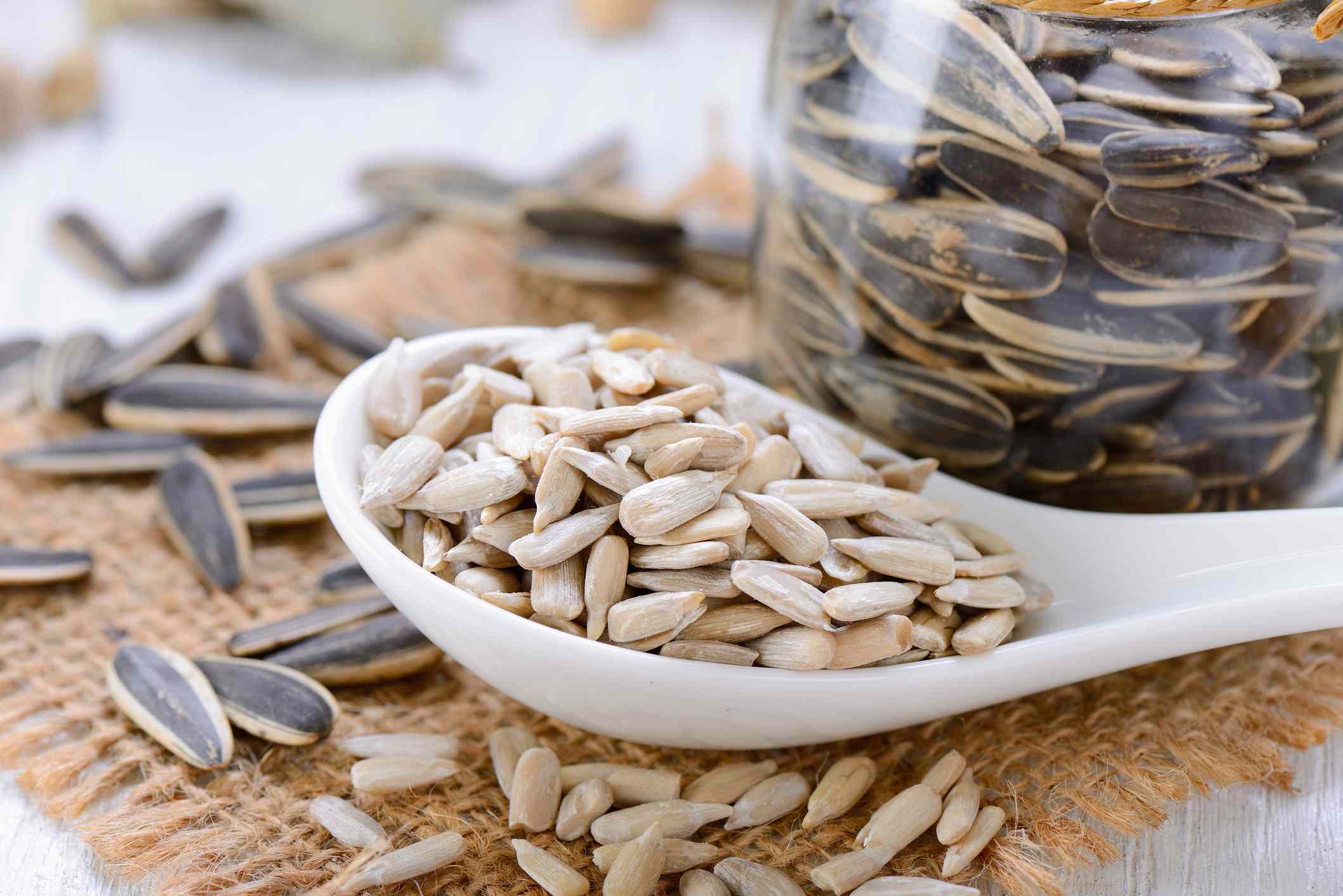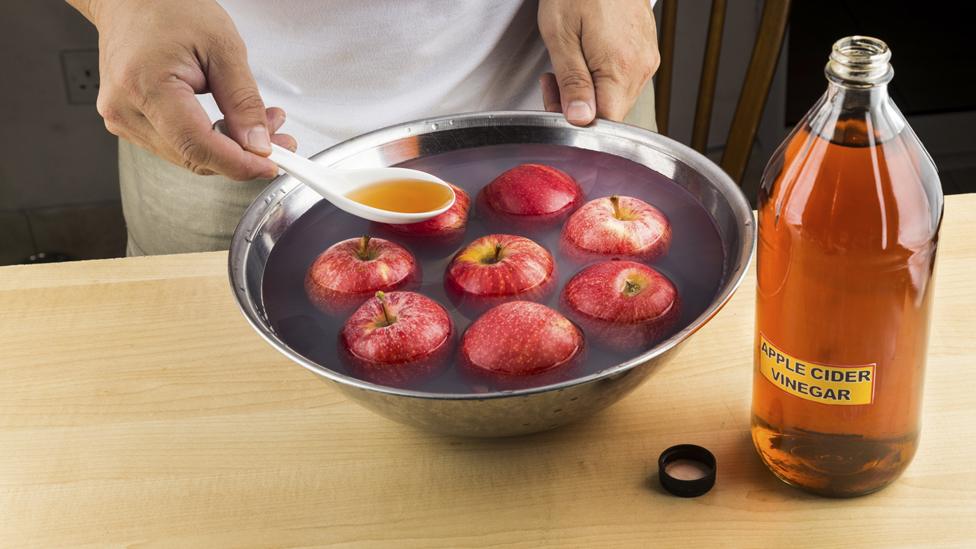Sunflower Seeds Benefits
Health Benefits Of Sunflower Seeds : Eating many types of seed is now needed in our daily life . Because noe many vitamins deficiency showns in human body . so for a fit and fine body and skin we should compulsory eat that all types of seeds ,which gives us more vitamins and nutreint to our body .

Sunflower seeds are harvested from the flower head of the sunflower plant. While the seed itself is encased in a black and white striped shell, sunflower seeds are white and have a tender texture. Known for their distinct nutty flavor and high nutritional value, you can eat the seeds raw, roasted, or incorporated into other dishes.
Health Benefits
Studies link the consumption of sunflower seeds to a number of health benefits, including lowering your risk of developing diseases like high blood pressure or heart disease. They also contain nutrients that can support your immune system and boost your energy levels.
check more : Love Bite Increase The Risk Of Stroke , Research Reveals
Nutritional Value of Sunflower Seeds
Sunflower seeds are rich in calories. 100 grams of these seeds give around 585 calories of energy. They have a good amount of fibre (8.5 g) and fats (51.5 g). Fats present are mostly polyunsaturated and monounsaturated, which are good fats. They are also rich in protein (20.77 g)1.
They are loaded with vitamins like Thiamine, Riboflavin, Niacin, Pantothenic acid, Folate, Choline, vitamin B6, vitamin C and vitamin E1.
They contain minerals like calcium, iron, magnesium, manganese, phosphorus, potassium, sodium, zinc, etc1. Sunflower seeds, when consumed, also provide us with plant compounds like flavonoids and phenolic acids that are strong antioxidants.
Sunflower seeds’ nutrition is a well-rounded package, providing essential vitamins, minerals and healthy fats, making them a nutritious and versatile snack.
Sunflower seeds’ protein content helps in muscle building, making them a valuable addition to our diet.
1.Boosts the Function of the Brain
Sunflower seeds contain vitamin B6. It helps improve mood and concentration and may also enhance memory in some cases5. Sunflower seeds may also help to ease symptoms associated with premenstrual syndrome (PMS).
2.A Powerhouse of Energy
Sunflower seeds are a good source of thiamine (vitamin B1). Thiamine helps to break down carbohydrates, proteins and fats present in our food into energy7. They also help in muscle building.
3.Good for our Skin
Consuming sunflower seeds benefits the skin as it makes our skin glow, and the antibacterial and antifungal activity of these seeds also protects from some infections, thus keeping our skin clear. Oleic and linoleic acids, present in sunflower seeds help in the formation of collagen and elastin, speeding up wound healing8.
4.Helpful During Pregnancy
During pregnancy, the benefits of eating sunflower seeds are many as they are loaded with Vitamin E, folic acid, which are known to be extremely beneficial for prenatal health.
5.Helps Reduce Inflammation
People suffering from chronic inflammation can find relief by consuming sunflower seeds either as part of a trail mix or by adding them to their breakfast cereal or even by sprinkling some on their soup or salad. The health benefits of sunflower seeds include anti-inflammatory properties due to the presence of flavonoids, Vitamin E and other compounds.
6.Boosting Energy Levels
While the high levels of protein in sunflower seeds already help boost your energy levels, other nutrients like vitamin B and selenium can help keep you energized. The vitamin B1 (also known as thiamin) present in sunflower seeds can help you convert food to energy, which can keep you active throughout the day. Selenium can increase blood flow and deliver more oxygen to your body.
7.Supporting the Immune System
Sunflower seeds are a source of many vitamins and minerals that can support your immune system and increase your ability to fight off viruses. These include both zinc and selenium. Zinc plays a vital role in the immune system, helping the body maintain and develop immune cells. Selenium also plays a role in reducing inflammation, fighting infection, and boosting immunity.
8.Improving Heart Health
Sunflower seeds are rich in ‘healthy’ fats, including polyunsaturated fat and monounsaturated fat. A three-fourths cup serving of sunflower seeds contains 14 grams of fat. Studies found that consumption of seeds — including sunflower seeds — was linked to lower rates of cardiovascular disease, high cholesterol, and high blood pressure.
How to Eat Sunflower Seeds
• Sprinkle on top of a salad.
• Add to trail mix.
• Stir into oatmeal.
• Sprinkle over stir fry or mixed vegetables.
• Add to veggie burgers.
• Mix into baked goods.
• Use sunflower butter in place of peanut butte
ALSO READ : Pumpkin seeds health benefits





